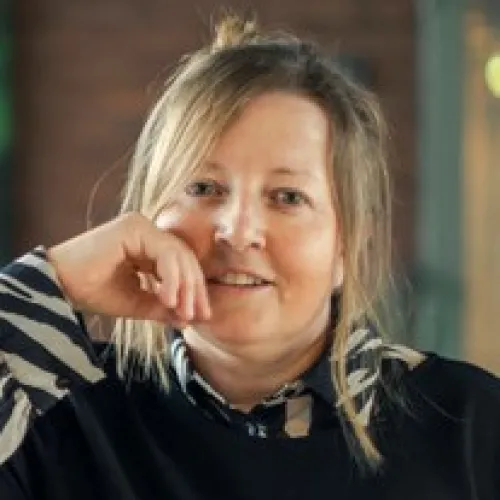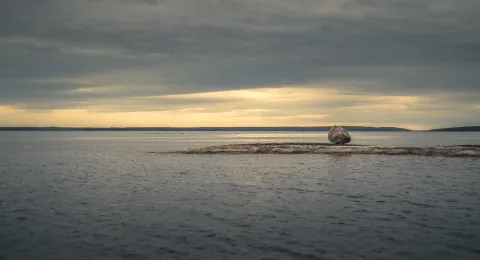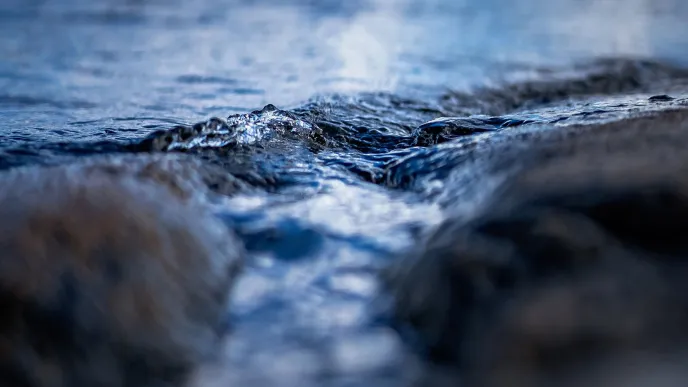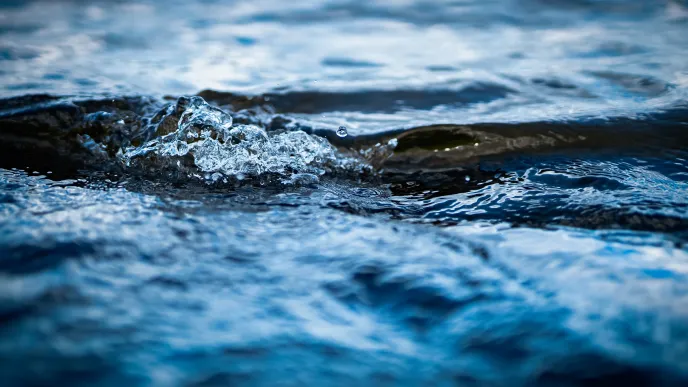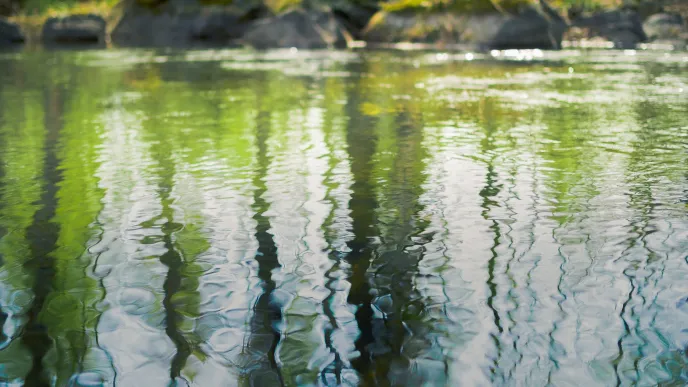"Without nature, we have nothing," said UN Secretary-General António Guterres in his opening remarks at the UN Biodiversity Conference COP15 in 2022.
Guterres' sentence made headlines around the world making it clear that we have a problem. Both climate change and biodiversity loss have accelerated – mainly due to human activities. Professor Laura Albareda from LUT Business School share’s Guterres’ sentiment.
“There is no question that human activities have damaged nature. The better question to focus on now, however, is whether some of the damaged done could still be reversed.”
This is the starting point from where Albareda and Professor Oana Branzei from Ivey Business School in Canada set out to study how the global challenge has been tackled in Finland's inland fisheries. Deforestation and discharge of wood processing effluents, the digging and draining of peatlands, and the damming of spawning rivers have done significant damage.
The FT50 publication Journal of Management Studies published Albareda and Branzei's first article on the research, Biocentric Work in the Anthropocene: How Actors Regenerate Degenerated Natural Commons. The Financial Times 50 list includes the world's 50 most prestigious academic journals in the field of business studies.
Extending the footsteps of a Nobel laureate
“Historically, fisheries are one of the most studied natural resources. For example, Nobel laureate in economics Elinor Ostrom has studied the shared use of water bodies in her work,” Albareda says.
In her research, Ostrom disproved economists' belief that the shared use of natural commons always ultimately led to overuse of resources and the destruction of nature. She found that many local communities regulated the collective use of fisheries, forests and pastures in a way that was both ecologically and economically sustainable.
Albareda and Branzei's study expands Ostrom's ideas to the use of modern fisheries, Finnish lakes. LUT University offered a perfect setting for the study, as the university campus is located by Lake Saimaa. Albareda initiated the study by shadowing local actors in Saimaa: fishermen, researchers, fish experts and actors in agriculture and forestry.
“As I broadened my focus to other lakes in Finland, I came across several innovations bringing together various actors.”
Focusing on the poor state of the lakes
When Oana Branzei joined the study, she discovered that the ecosystems of many of the lakes examined by Albareda had already collapsed because of human activities. This was often seen, for example, as an imbalance between different fish species. The lakes once overflowing with salmonids, were now disproportionately rich in rough fish, such as roach and bream, instead.
“We decided to focus on the human activities, such as fishing, which helped the Finnish lakes recover. In our study, we describe this as biocentric work. We show how human activities orient business towards nature,” Albareda and Branzei explain.
According to their study, biocentric work involves three kinds of practices: biomanipulation meaning taking care of nature, biofacilitation meaning working with nature and bioaffiliation meaning caring for nature. By combining all three sets of practices, and repeating these connections cyclically over time, people begin to fix what has already been broken.
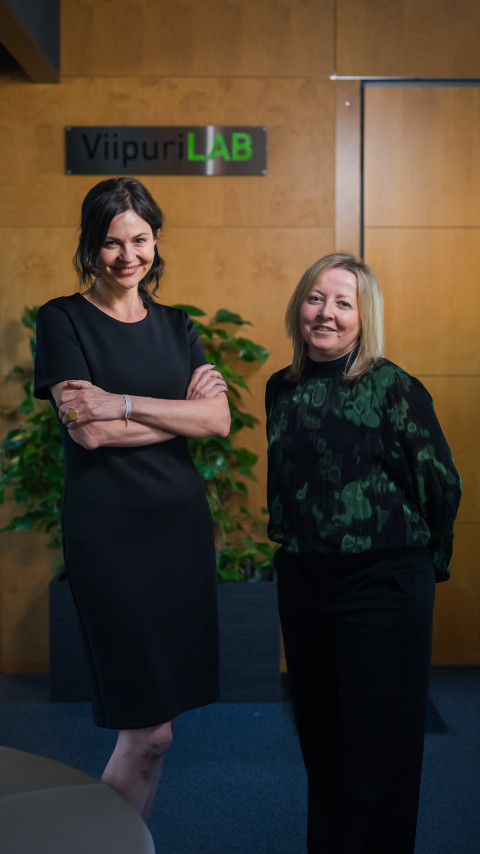
Increasing the value of rough fish
One example of biocentric work is Järki Särki – a family-owned business operating in Korpilahti, Central Finland, whose main product is canned roach preserved in glass jars.
Järki Särki started as a fishing hobby for the family. They fished roach from their home lake Päijänne and prepared food from it for their own use. However, the family's canned roach products were such a hit among their friends that they decided to try out whether the idea had the ingredients for a large-scale production.
The first Järki Särki products arrived in stores in 2015. Today, they are available throughout Finland, and the product family has expanded to utilising bream and pike, for example.
Järki Särki has shown that even roach, traditionally thought of as rough fish, can be processed into valuable food products. This benefits also local fishers, who now have a buyer for roach.
Both Albareda and Branzei teach Järki Särki as a case example of biocentric work. Järki Särki has also received national recognition. Among other things, it has been chosen as the Most Sustainable Product of 2022 and competed in the Finnish Food Product of the Year final in 2016.
Biocentric work beyond fish
The most important finding of Albareda and Branzei's study is that hope, and especially action, should not be given up. Rather, they are the first steps towards the regeneration of different ecosystems.
Case examples such as Järki Särki show that there are still ways to act to regenerate ecosystems that have already degenerated or even collapsed.
According to Albareda and Branzei, the biocentric work they demonstrate can also be copied. The practices are transferrable from fish in lakes to trees in forests. The scalability of the solutions depends on the means used.
Their study also shows that biocentric work is the future. It is a way for people to lend a helping hand to nature’s recovery.
More information:
